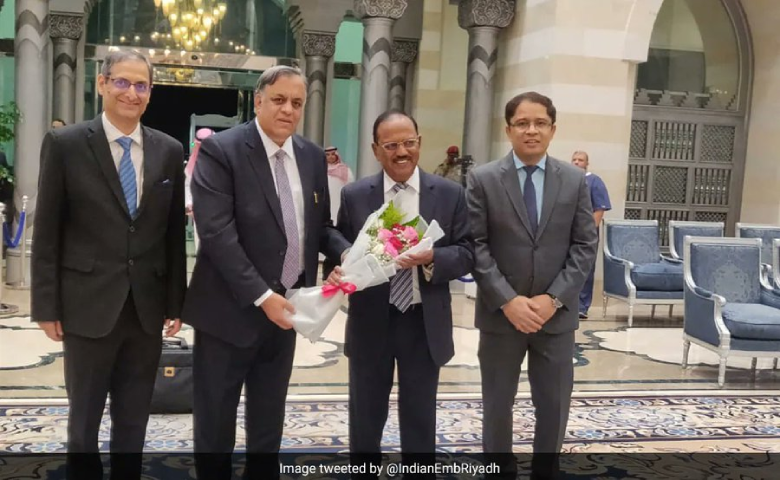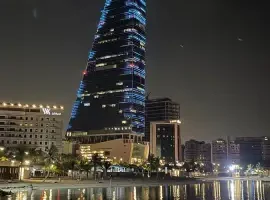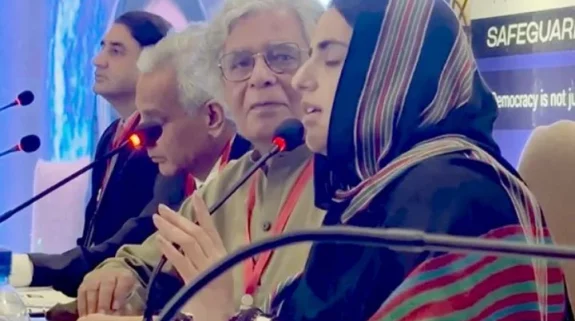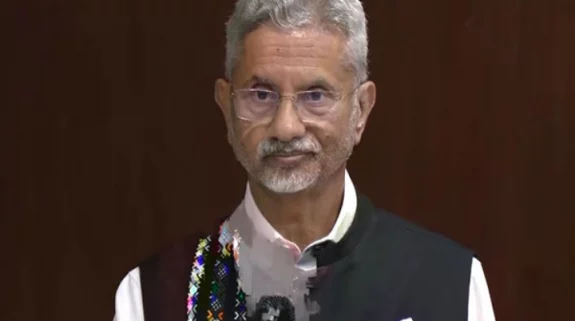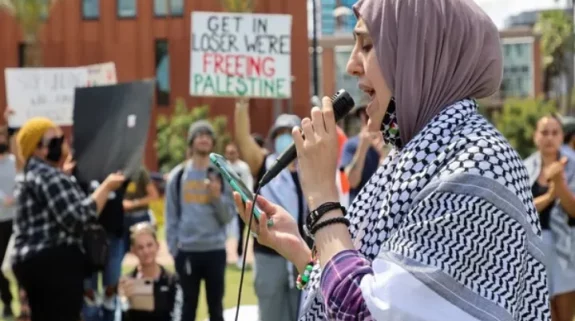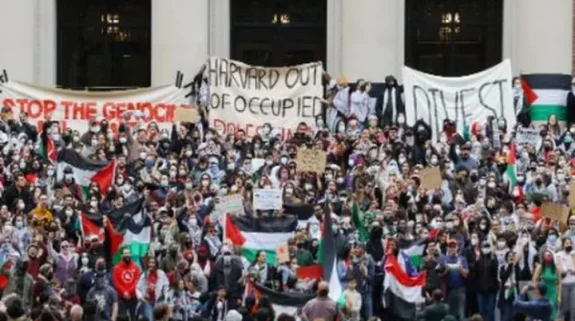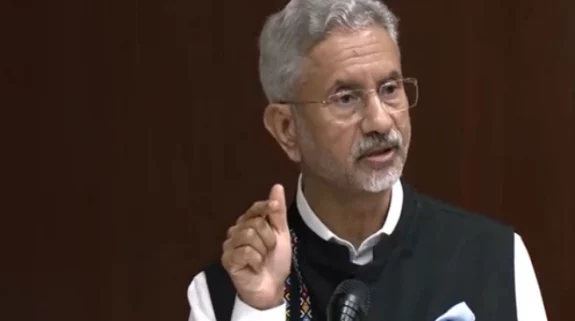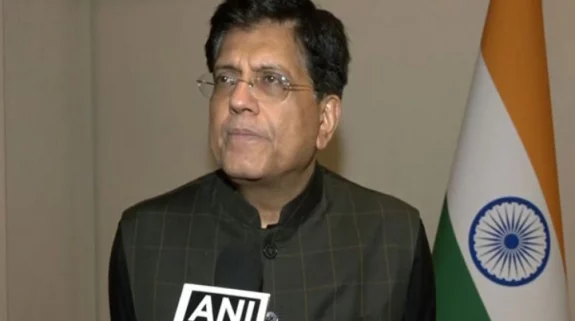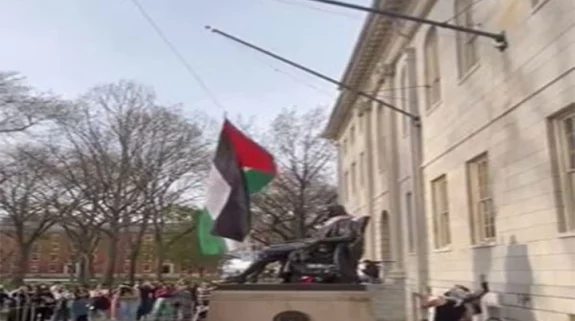Saudi Arabia, important though it is as a major oil producer, has no real credentials to promote peace in Ukraine. The issues involved in the Ukrainian conflict are no doubt energy related but not to Saudi Arabia’s role in oil politics. It is Europe’s dependence on Russian energy that has been a strategic geopolitical element in the Ukraine crisis, apart from security issues for Russia flowing from NATO’s eastward expansion.
Saudi Arabia plays a powerful role in the Islamic world, but the Ukraine conflict has no Islamic dimension, though the Ukrainian leadership is now seeking to give it a religious twist by raising the issue of the Crimean Tatars, a subject of more relevance to Turkish sentiments than those of Saudi Arabia, which has also shown unconcern about the Uighur issue.
Saudi Arabia has had historically very close ties with the US, but America’s politics in Arab world, the end of its reliance on oil from this region, and the general belief that US stakes in the region have diminished, not to mention President Biden’s denunciation of Crown Prince Mohammed bin Sultan’s role in the Khashoggi affair, have incited Saudi Arabia to build other partnerships, be it with China or Russia (within OPEC in particular).
Yet, Saudi defence dependence on the US is huge and the US has major bases in the region. Having snubbed Biden when he approached the Crown Prince to increase oil production to prevent a major spike in energy prices following Europe’s decision to end oil supplies from Russia, this Saudi initiative on Ukraine seems to be a mollifying balancing act. It is also one of raising the Saudi profile regionally and internationally in line with the country’s new ambitions under the modernizer Crown Prince.
The non-western world largely sees the Ukraine conflict as a European one, much to the political frustration of US and Europe. Their pitch is that Russia’s “unprovoked” aggression against Ukraine concerns the entire international community, as it involves the violation of sovereignty of an independent country and is a blatant breach of the UN Charter. The rhetoric is that if Russia is allowed to get away with its aggression, other countries with aggressive intentions would be encouraged to follow its path against weaker neighbours.
The detachment of the Global South from this core western narrative, the unwillingness of many to impose sanctions, Russia’s success in holding the recent Africa summit, India’s unwillingness to condemn Russian aggression and become a major buyer of Russian oil, Brazil’s equivocation, are seen by the West as its diplomatic failure, requiring more efforts on its part to reach out more purposefully to the developing countries.
The earlier conference on the Ukrainian peace plan was held in June this year in Denmark, a European NATO member, with 15 countries participating, including the G 7, the EU and some from the Global South including India, Brazil, South Africa, Saudi Arabia and Turkey. The US was represented by its National Security Adviser, Jake Sullivan. China, though invited did not attend. No statement emerged from that meeting.
Saudi Arabia seems to have been persuaded to hold the next meeting. 40 countries attended, with the Saudi National Security Adviser as convener. US NSA Sullivan attended again, testifying to the strong diplomatic push by the US to draw the Global South into discussing peace in Ukraine. The West’s goal seems to be to signal that Russia was beginning to lose support from developing countries with the continuation of the conflict because of its consequences for them by way of food, fertiliser and energy shortages and price hikes.
The US and Europe would also have in mind that many key countries of the Global South are seeking to become members of BRICS, a Russia-China dominated group focused increasingly on multipolarity and one that would provide these countries an alternative to the West dominated world. This would make it all the more important for the West to engage them diplomatically more assiduously. This time China attended the meeting.
With Russia not being invited to the Saudi meeting (it could not be invited in any case to Denmark as a NATO member and party to sanctions on Russia), the whole exercise seemed more concerned about one side gaining diplomatic advantage rather than a genuine search for a real peace breakthrough. For the West, the stated purpose of Danish and the Saudi meetings is to promote a consensus around Ukraine’s 10- point peace plan, with working groups working on parts of it, leading eventually to a peace summit. To believe that a peace plan can be developed without Russia being a part of the process and its views and concerns taken into account, is illusionary.
Russia has already rejected the Ukrainian peace plan as unrealistic. It is a maximalist plan based on the restoration of Ukrainian territorial integrity, withdrawal of Russian troops and restoration of Ukraine’s state borders with Russia, and establishment of a special tribunal to prosecute Russia’s war crimes. Such a peace plan can be imposed only on a defeated country.
Other parts of the plan such as restoring security at Zaporizhzhia nuclear power plant raises the question about the real source of this security threat. Protecting and ensuring Ukraine’s grain exports to the world’s poorest nations raises questions about the reasons why the grain accord has collapsed, why the major beneficiaries of these grain exports have not been the developing countries, as also why Russia’s own grain exports have been hampered if the concern has been to ensure adequate supplies to the world’s poorest nations.
Why should a “peace plan” have a focus on price restrictions on Russian energy sources, which means endorsing sanctions on Russia. The Ukrainian plan talks of building a security architecture in the Euro-Atlantic space, including guarantees for Ukraine, even though the source of the conflict is the failure to adhere to the OSCE endorsed principle of indivisible security in Europe and Russia’s known security concerns over NATO expansion, shows a disconnect with deep rooted problem of creating an inclusive European security architecture.
The Ukraine’s presidential chief of staff characterising the Saudi Arabia meeting as “huge blow to Russia” and noting that only the Ukrainian peace formula was discussed (but admitting that on some points there was lack of agreement amongst participants) suggests, again, an approach of scoring points rather than genuine attempts to score a breakthrough. This approach to peace that does not meet the concerns of all parties to the conflict cannot succeed.
Saudi Arabia’s statement on the meeting has no substance, mostly confined to listing the countries which participated and noting they had agreed on the importance of continuing consultations to pave the way for peace.
It is not surprising that Russia’s Foreign Ministry has dismissed the Ukraine peace plan as not aimed at finding a negotiated and diplomatic solution to the crisis and constituting “a senseless ultimatum to Russia”. Its statement notes that no meetings on the Ukraine crisis add any value without Russia’s participation or regard for its interests.
For Russia a settlement would require that Ukraine’s western sponsors stop inundating the armed forces of Ukraine with weapons, confirm Ukraine’s neutral, non-bloc and nuclear-free status, and recognise the new territorial realities, followed by Ukraine’s demilitarisation and de-nazification etc. Russian Deputy Foreign Minister Sergei Ryabkov believes that the Saudi Arabia meeting was “a reflection of the West’s attempt to continue futile, doomed efforts” to mobilise the Global South behind Zelensky’s position.
Russia hopes that its BRICS allies and other partners who attended the meeting will share their assessments with it in keeping with the existing agreements. The West has projected China’s presence at the Saudi meeting as a diplomatic success that denotes some dilution of its support for Russia. This seems to have prompted the Chinese Foreign Minister Wang Yi to speak to Foreign Minister Lavrov to remove any such misapprehension.
⚡️Standing Firm Against Western Policies: #Russian & #Chinese FMs Discuss Unity
Sergey Lavrov and Wang Yi have spoken by phone on the latest regarding the Ukraine crisis, and negative moves being rolled out by Western nations against Moscow and Beijing.
Both parties have… pic.twitter.com/xdVf89EgJo
— RT_India (@RT_India_news) August 7, 2023
China is also playing a balancing act in attending the meeting in Saudi Arabia with which it has developed close ties, with an eye also on the international stage where it seeks to project itself as a peace maker after its success in overseeing the reconciliation between Saudi Arabia and Iran. It had proposed a Ukraine peace plan of its own, with its special envoy visiting both Kiev and Moscow to promote it, but without success.
India has attended both the Danish and Saudi meetings in pursuance of its position that a solution to the conflict lies in recourse to dialogue and diplomacy and to draw attention at these forums on the deleterious consequences of the conflict on developing countries. At the Saudi Arabia meeting the Indian National Security Adviser made the point that the whole world and especially the Global South was bearing the brunt of the situation, and that India’s approach had been and always would. be to promote dialogue and diplomacy. He noted that several peace proposals had been currently put forward, with each having some positive points but none that was acceptable to both sides. He rightly noted that the key question that needed to be addressed in the meeting he attended was whether a solution that was acceptable to all relevant stakeholders could be found. He affirmed that India would remain an active and willing partner to find a lasting and comprehensive solution.
Without taking a partisan position, NSA Ajit Doval urges the world community to find a solution to end the Ukraine-Russia conflict that is acceptable to all stakeholders@KanwalSibal @asajjanhar @atulaneja @AsYouNotWish @RomeshNadir https://t.co/IkC10xJ06n
— INDIA NARRATIVE (@india_narrative) August 7, 2023
For India, too, its presence at the Saudi Arabia meeting was a balancing act. It was a bow to the US which had pushed hard for this meeting, as also to Ukraine with which we have no bilateral quarrel, while making sure that its position at the meeting did not send any negative signal to Moscow, with its focus remaining on advocating dialogue and diplomacy and on alleviating the negative consequences of the conflict for the Global South. India’s G 20 presidency, with the G 20 summit in the offing, required this balancing act.
(Kanwal Sibal is India’s former Foreign Secretary and Ambassador to Russia. Views expressed are personal and exclusive to India Narrative)






